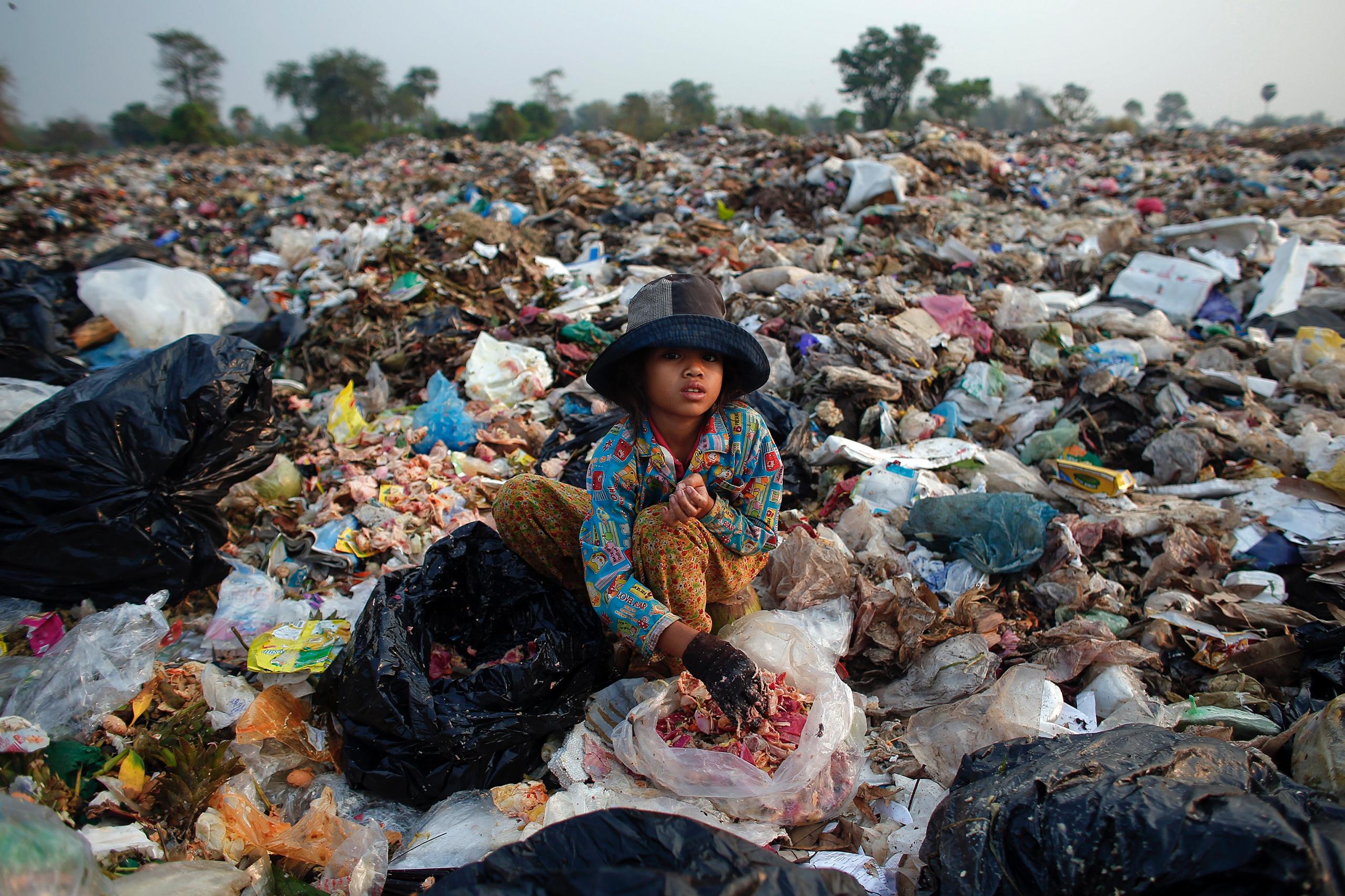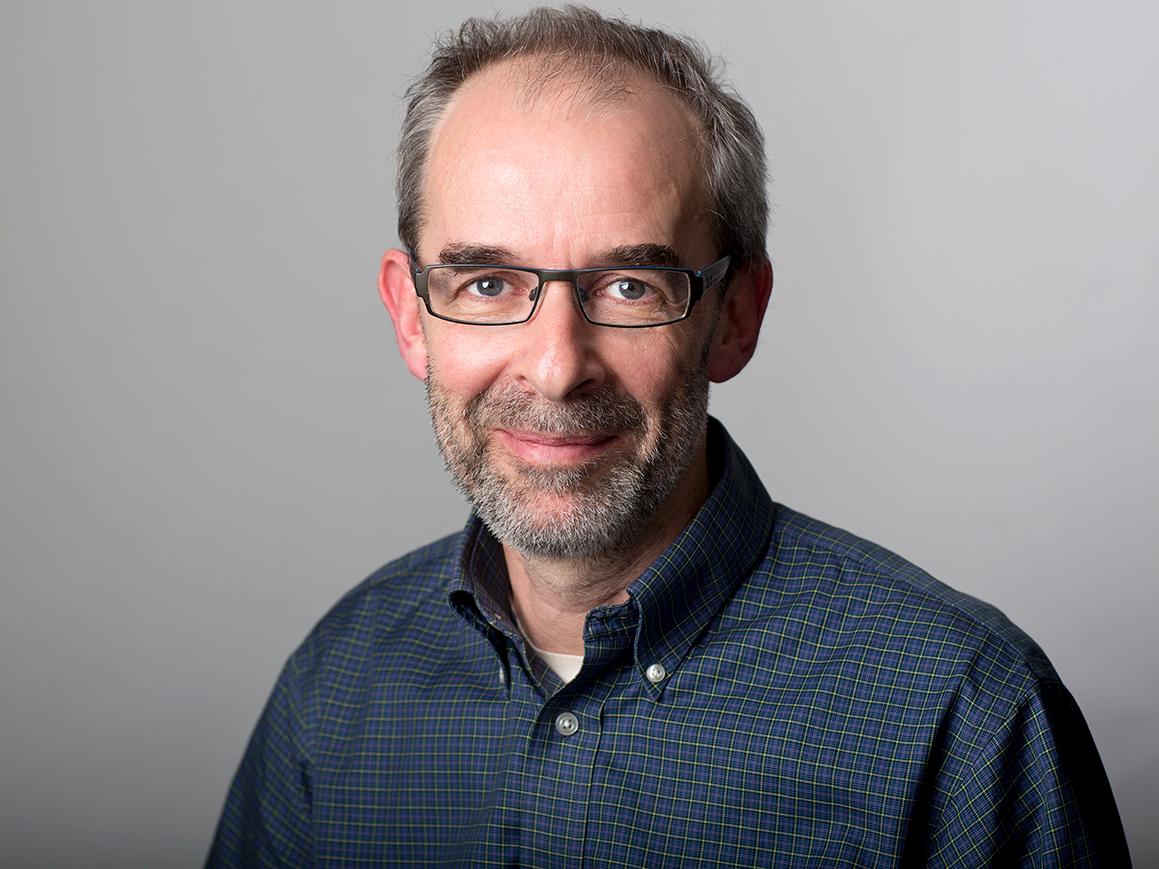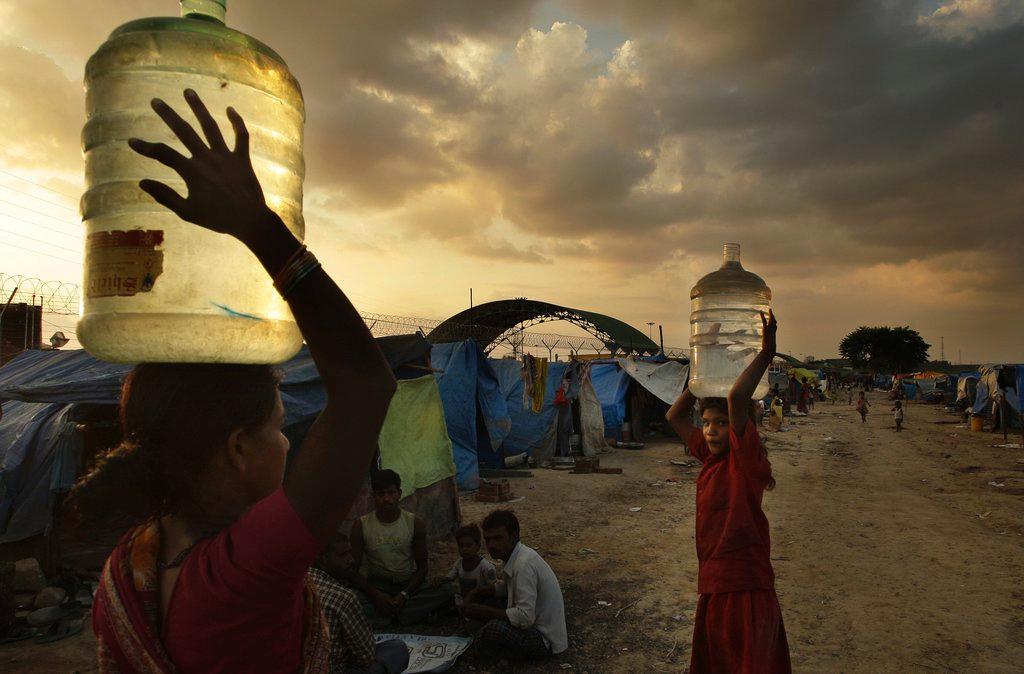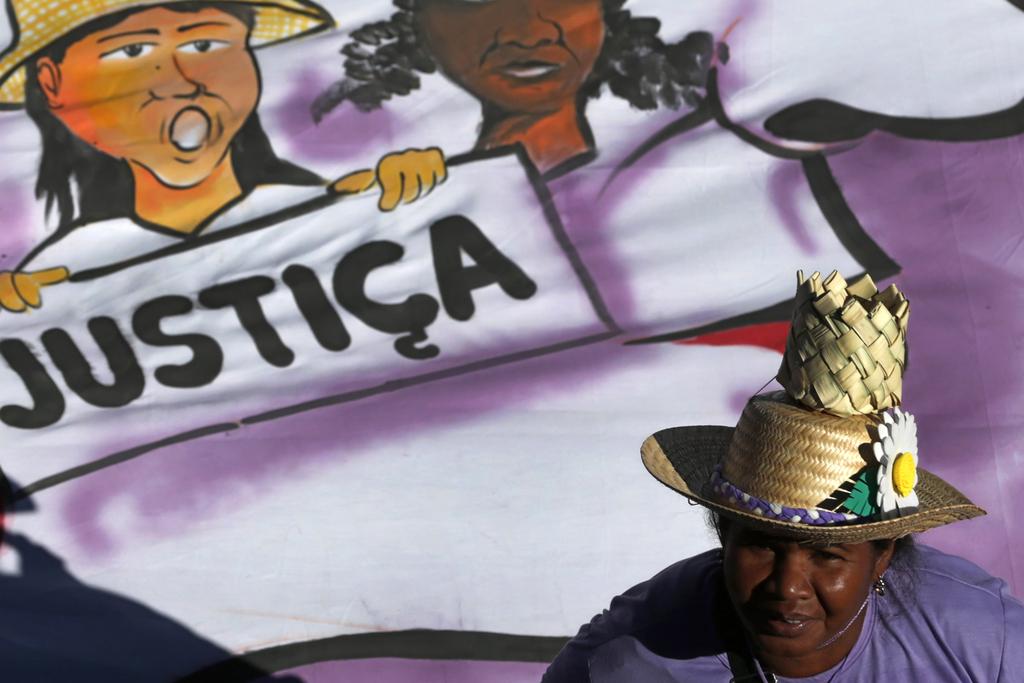NGO says governments must be held accountable

What's the importance of including human and social rights in the 2030 Agenda? swissinfo.ch spoke to Human Rights Watch (HRW)External link, one of the NGOs seeking to ensure the human rights standards and accountability mechanisms in the SDGs are upheld.
“We would have wished for some stronger language in anchoring human and social rights aspects,” says Iain Levine, Deputy Chief Executive for Program at HRW.
“Whatever the strengths and weaknesses of the goals as now defined, the critical challenge is going to be in the implementation, the monitoring and the mechanisms that hold governments accountable, both at the national level and international level.”

Levine says bold action is needed if the SDGs are to be successful.
“Deep inequalities and compounding threats of violence, climate change, and environmental degradation pose enormous challenges to the world and the poorest and most marginalised are bearing the brunt,” he explained.
Real people
“Human rights are critical – whether the issue is sustainable cities or quality education. At the heart of these occasionally abstract discussions are real people, individuals who should enjoy their fundamental human rights and live free of fear and want.”
He argues that it’s the role of HRW and other NGOs like Amnesty International to provide “critical analysis to help bring about a different way of thinking”.
Levine sees the need for the MDGs and the 2030 Agenda even if they are legally non-binding programmes, and not all of the MDG goals have been attained.

More
Think tank cautions against high hopes for Agenda 2030
“We live in a real world and if you want to influence donor and government agendas and mobilize for international action and support for the poorest people on the planet, they can help focus international attention.
“That’s why when talking about sustainable development and international justice and rights, it’s all about the facts, the credibility, the analysis and then the political pressure that you hope will move things forward”, said Levine.
He sees the growing impact of climate change placing “an increasing burden on governments struggling to meet their human rights obligations with limited resources and fragile or inadequate infrastructure”.
Environmental challenges
The ecological goals of the 2030 Agenda are ambitious but doable, says Martina Lippuner, spokeswoman for WWF Switzerland.
“As we have seen with the Millennium Development Goals, it doesn’t take forever to achieve profound changes,” she said.
“But it will not just happen. Politicians, business and civil society will all have to deliver. On the political level, we need to set the right regulatory framework to make sustainable economies worthwhile. Companies will need to think about their concrete contribution to reach these sustainable goals. And consumers will need to apply pressure.”
The new set of goals and targets is more encompassing than the MDGs: The aim is to balance the three dimensions — economic, social and environmental — of sustainable development. The implementation of those ambitious goals will bring about “a paradigm shift in development cooperation”, Switzerland’s new UN Ambassador in New York, Jürg Lauber, told Swiss media.
Over more than two years, Switzerland has been actively involved in the negotiations for the new agenda. Issues Switzerland paid specific attention to were water, health, gender equality, peace and inclusive societies, migration, sustainable production and consumption and disaster risk reduction.
“We can be more than satisfied, especially since almost all our concerns made their way into the final outcome document,” Ambassador Michael Gerber, Switzerland’s lead negotiator for the new development agenda, told swissinfo.ch after the final round of negotiations in New York. “The Sustainable Development Goals and the chapter ‘Follow-up and Review’ in particular bear the hallmarks of Switzerland.”
In parts of the agenda, Switzerland would have preferred stronger language, but accepted the final compromises needed to win support of all countries.
“It’s a political document, not exact science,” Gerber said, explaining the overriding importance of implementing the ambitious but not unrealistic goals.

In compliance with the JTI standards
More: SWI swissinfo.ch certified by the Journalism Trust Initiative

You can find an overview of ongoing debates with our journalists here. Please join us!
If you want to start a conversation about a topic raised in this article or want to report factual errors, email us at english@swissinfo.ch.